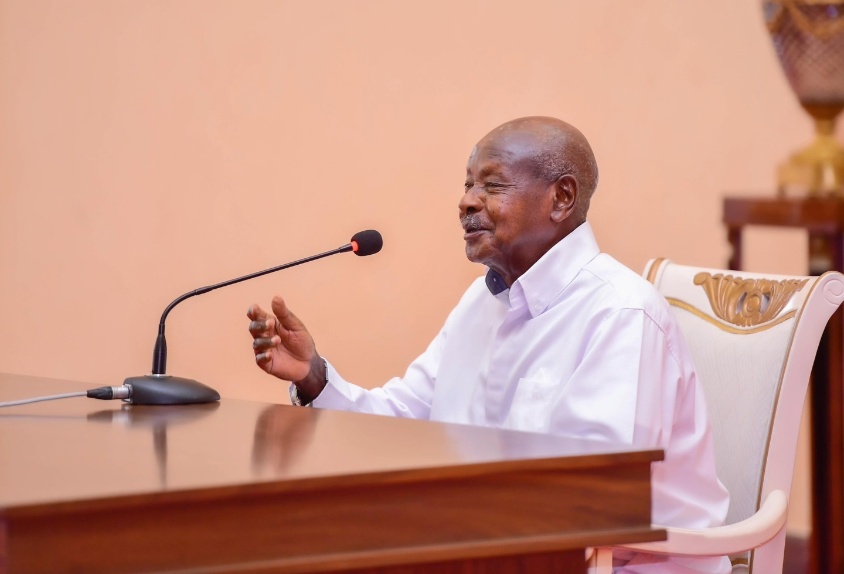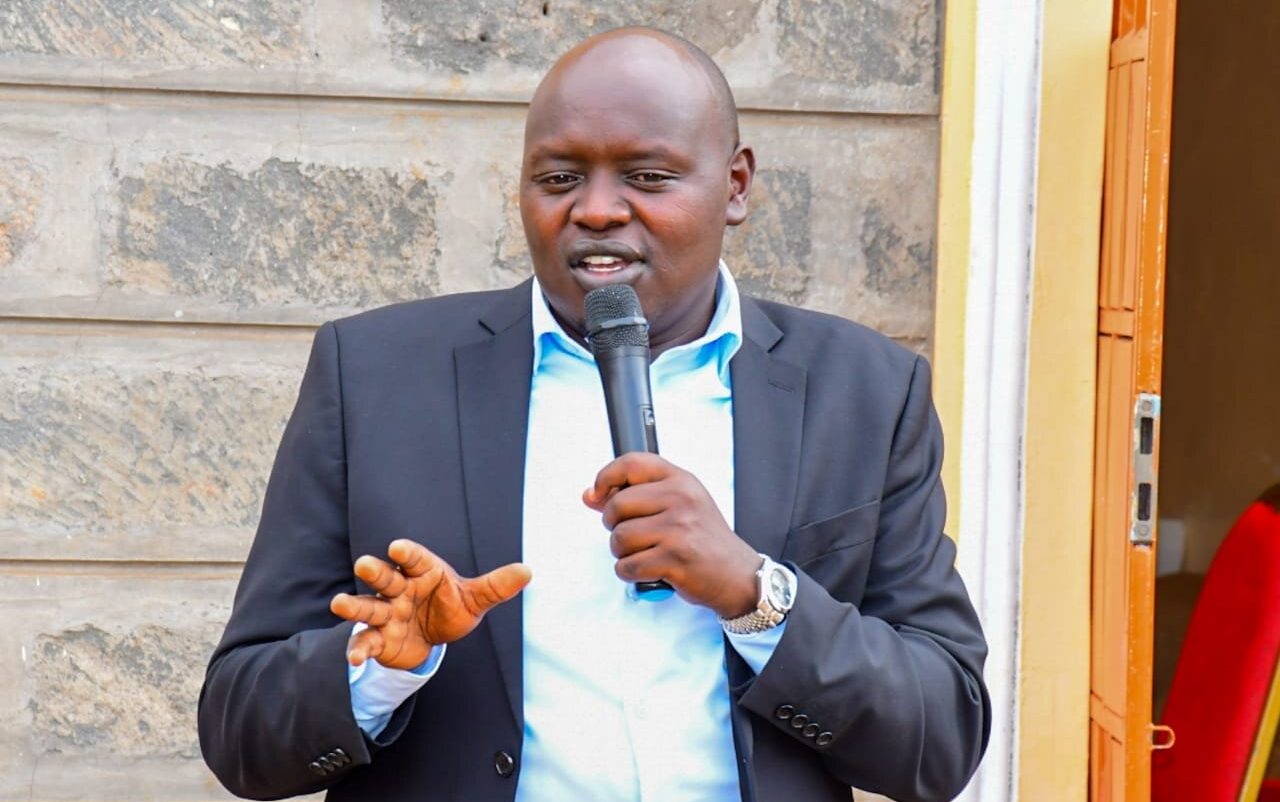President Yoweri Museveni on Thursday, July 25, 2024, issued a strong statement addressing the nation in the wake of the recent protests in Uganda led by Gen Z.
The protests, which took place on Tuesday, July 23, 2024, have been a topic of significant concern and debate.
“Fellow Ugandans, especially the Bazzukulu,” President Museveni began his statement, using a term of endearment for the younger generation.
“Greetings. I want to congratulate the Armed Forces and the Security Forces and the Wanainchi, for foiling or not participating in the bad demonstration that was planned for Tuesday.”
2 main issues
President Museveni highlighted two main issues with the demonstration – foreign influence and bad intentions.
“Element no.1 was funding from foreign sources that are always meddling in the internal affairs of Africa for the last 600 years ─ slave trade, colonialism, neo-colonialism, genocide, economic exploitation, etc. All those involved should know that Uganda is not a neo-colony where those shallow schemes can be deployed.”
He emphasized Uganda’s resistance to external manipulation and stressed that such schemes have no place in the nation.
Museveni added that some people with bad intentions wanted to do very bad things during the protests.
“The second element was that some of the authors and participants of the demonstrations were planning very bad things against the people of Uganda. Those very bad things, will come out in court when those arrested are being tried,” Museveni continued.
Museveni acknowledged the possibility that some participants may not have been aware of these nefarious plans or the foreign funding behind the protests.
“It is possible, that some of the participants, did not know of the planned foreign funding and the planned bad things. That is why, they should have listened to the police advice, not to go on with the demonstration. But they rubbished the police advice.”
Museveni joining protests
President Museveni expressed his support for legitimate, peaceful protests, noting that he would have joined Tuesday’s demos if there was no foreign influence and if participants had no ill intentions.
“Otherwise, if it was a patriotic, anti-corruption, peaceful demonstration, coordinated with the Police, I would have been the first to join,” Museveni said.
The Ugandan president additionally recalled how he joined peaceful protests in the past.
“Indeed, in the year 2019, Nakalema organized us and we marched from the city Square through Kampala Road to Jinja Road and went to Kololo.
“So many people were there- Bishops, Soldiers, Wanainchi, etc. I thought that Nakalema had timed a Sunday because there was neither traffic, nor pedestrians on the road.
“Nakalema has now told me, that it was a Wednesday, the 4th of December, 2019, but that they had organized with the police to block traffic for some hours,” he said.
Adding that; “That part of Kampala is, besides, lightly populated except during the day-light hours. Nakalema can co-ordinate with the genuine anti-corruption fighters for a similar effort, especially on a Sunday.
“It was not correct for Nakalema to use a working day. In particular, the heavily populated suburbs of our cities – Kawempe, Bwaise, etc. should never be used for demonstration, because they will damage the little wealth creation that our people are painstakingly building up. Kololo ceremonial grounds, is being repaired now. When the work is finished, Nakalema should organize us. I will be there.”
In his closing remarks, Museveni insisted that foreign interference in Uganda’s domestic issues must stop.
“However, those being funded by foreigners, should stop and report to the Minister of State for Ethics, those that have been funding them.
“We shall not arrest them. In any case, we know a lot about the goings on in those groups. Our interest is to immunize Uganda against the schemes of the imperialists and their agents,” Museveni stated.
The statement underscores the Ugandan government’s stance on maintaining sovereignty and law and order while addressing the growing concerns among the younger population.










